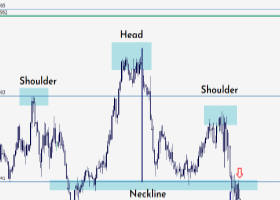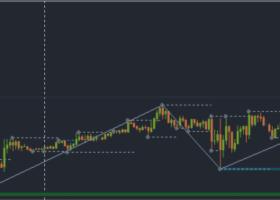
As the oil price has rebounded back above $60 a barrel, market analysts started to backtrack on earlier predictions of $40-$50 oil. The rebound, however, may not last, says Bloomberg columnist Leonid Bershidsky. However, if the three sides - Saudi Arabia, frackers and hedge funds find a new equilibrium, current recovery may prevail.
As oil prices are conditioned by a multitude of political, economic, psychological and climate-related factors that cannot be modeled with accuracy, thus predicting oil direction is a risky try. Among the reasons analysts find, Brent is rising because of unexpectedly fast demand growth in China; another bout of trouble in Libya, where a key oil port has shut down; a decline in U.S. inventories; the continuing fighting in Yemen; and any number of other events, says Bershidsky.
Bershidsky himself predicted the price recovery in November, with the biggest factor being declining oil investment as a result of last year's steep price drop. In March, a senior executive at Saudi Arabia's Aramco, the national oil company, said that $1 trillion worth of projects would be canceled globally in the next couple of years. Moreover, there have been multiple announcements from oil companies about cutting jobs and canceling projects. There's also the shrinking U.S. rig count, which last month led the U.S. Energy Information Administration to estimate that crude production would decline in June through September.
As Saudis refused to cut production and therefore fueled the price
drop, they and other members of the Organization of Petroleum
Exporting Countries mainly targeted the U.S. shale producers, whose
projects have higher costs than most oil industry layers including Middle Eastern, ex-Soviet, African
or Latin American countries. Gloom spread throughout the industry, however, and in 2015, speculators have seized upon the slightest bits of news to
bid prices back up.
At the end of the day, $50 Brent didn't last long enough to significantly damage the U.S. frackers. They have survived, and at current
prices, and a limited "frack counterattack" is expected at current prices.
It is quite possible, that Saudis were awaiting Iran to return to the oil market in order for their strategy to come into a devastating effect. Although the success was not complete, it has given highly leveraged, low-margin producers in the U.S. a big scare and made other players reduce investment.
In the meantime, by speculating on the fear, traders have in fact eased it. By their combined efforts, the Saudis, the shale producers
and the hedge funds have created a new balance, and current prices
will prevail for a while. Thanks to the Saudi play, shale operators
understand the risk well enough to scale back their ambitions. For their part, Saudi Arabia can't boost drilling fast enough to hurt frackers even more, and they can live comfortably with $65-70
oil. So can non-OPEC producers such as Russia that have devalued their
currencies and mostly absorbed the effects of devaluation.
Only traders will not be happy, as there will be no volatility. As the oil market is expected to be stable this year, all they will be doing is gambling on the titles and headlines.


